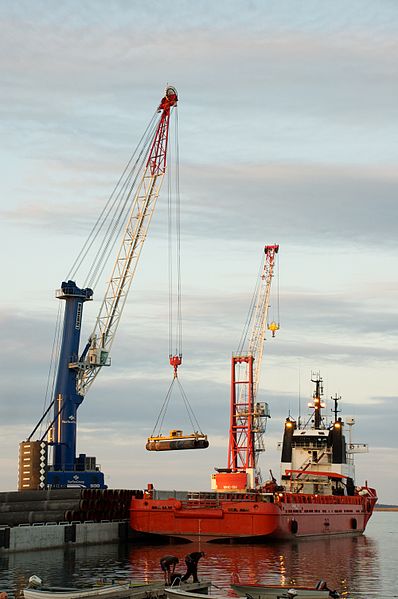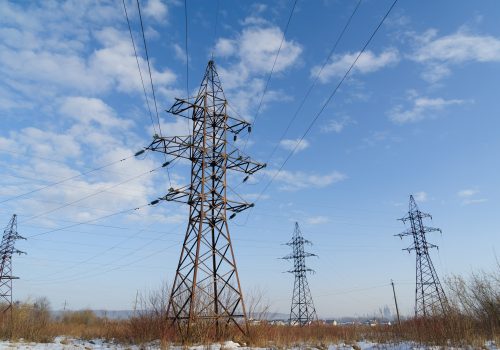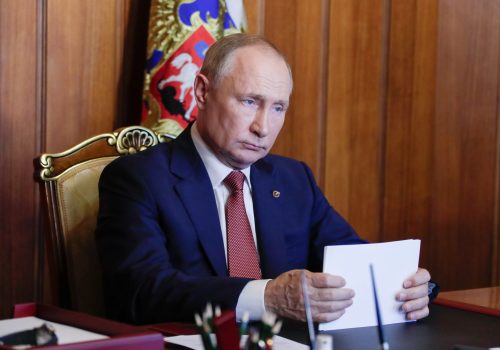Many consider Gazprom to be a geopolitical tool with which the Kremlin attempts to expand its influence in Europe and strengthen its grip on the continent’s energy security. As a result, the Nord Stream II pipeline and the prospect of a Europe increasingly dependent on Russian natural gas are of great import for American and European policymakers steering their nations’ approach to Moscow. At a pivotal moment in the pipeline’s development, the Atlantic Council hosts a conference bringing together American and European energy experts and government officials to discuss how the United States and the EU should approach Gazprom’s relationship with the Kremlin and to offer their thoughts on the ongoing debate surrounding the Nord Stream II pipeline and its potential impact on American and European interests.
The Atlantic Council’s Eurasia Center hosts two panels regarding Gazprom’s political utility for the Kremlin and the challenges that the Nord Stream II pipeline presents to European energy security.
Further reading

The Impact of European Gas Dependence
Nord Stream 2
Natural gas plays an important role in Europe: It is a bridging technology for the transition of the electricity system and has significant potential. But Europe is strongly dependent on natural gas imports and Russian gas dominates Europe. The under construction Nord Stream 2 pipeline, despite its promises, poses significant risks to European energy security and independence.
Related experts

The Eurasia Center’s mission is to enhance transatlantic cooperation in promoting stability, democratic values and prosperity in Eurasia, from Eastern Europe and Turkey in the West to the Caucasus, Russia and Central Asia in the East.






